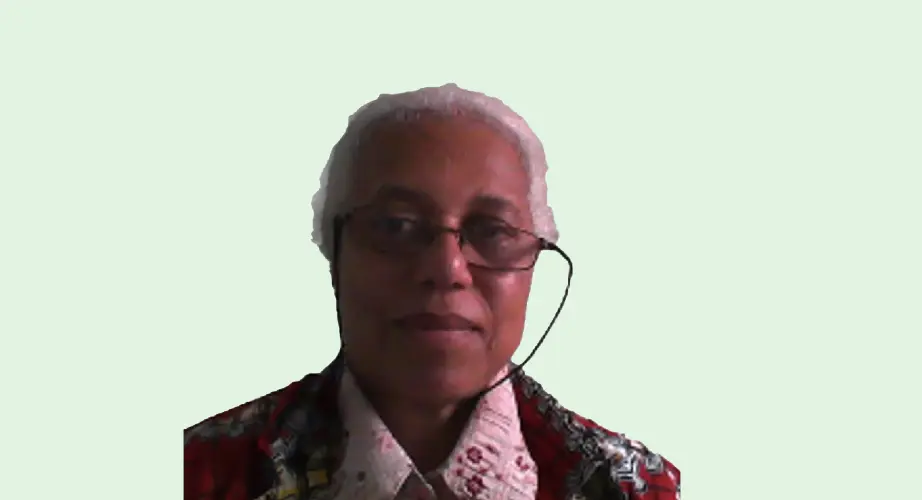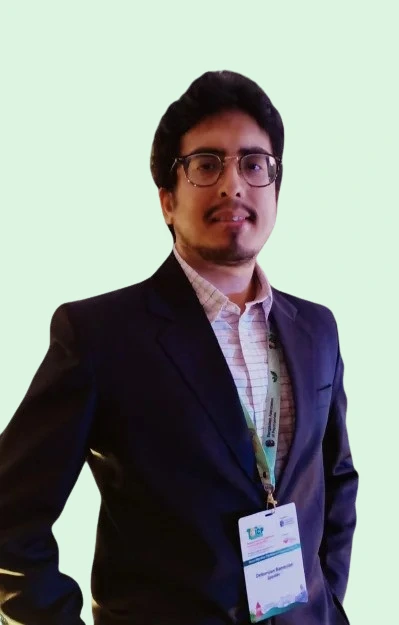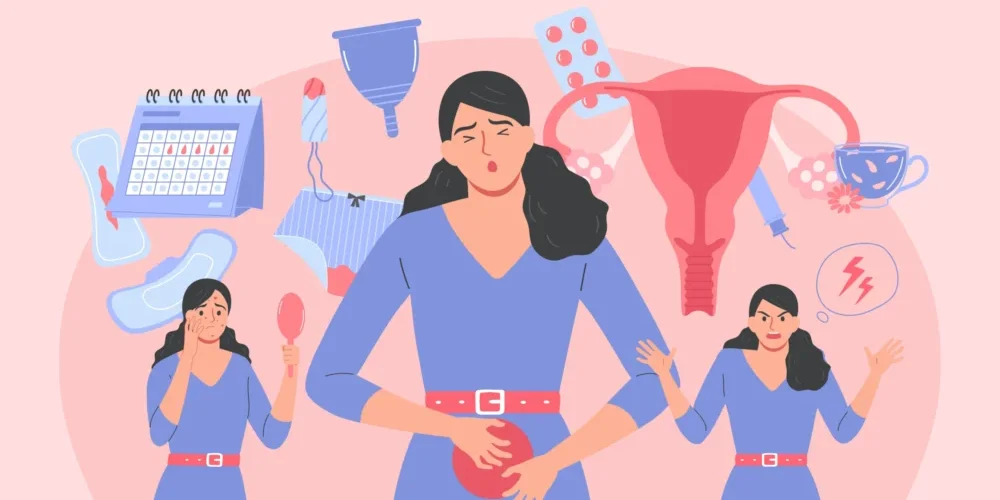
Author
Happy New Year! How time flies! It’s 2024 already. I remember the day in January 2020, when for the first time I raised my voice against an inaccurate post on Facebook. It was an unscientific rant against the distribution of antihelminthics (a group of antiparasitic drugs that expel parasitic worms and other internal parasites from the body) by the World Health Organization (WHO) among children in Africa.
Soon the world was dealing with the emergence of a new coronavirus, the COVID-19 pandemic, and the infodemic. On March 12, 2020, Gabon reported its first case of COVID-19 and I became fully involved in the response. Very quickly, I was “overwhelmed” by the abundance of inaccurate, unverifiable, or dubious information received on socio-professional networks and by the flood of newsletters, online articles and webinars.
The virtual infodemic manager training offered by the WHO in 2021 empowered me with new knowledge and helped me develop new skills to manage the deluge of health (mis)information, particularly on social media. Being a WHO-certified infodemic manager inspired me to collaborate at the national level with members of the subcommittee responsible for risk communication and community engagement (RCCE).
After several waves of COVID-19, just when we thought the crisis was finally over, the virus is back in our lives! In November 2023, COVID-19 numbers showed an uptick in Gabon, with 25 new identified cases, among several thousand (suspected) seasonal flu cases. An official press release from the health authorities has limited itself to recalling the importance of barrier measures and the value of diagnostic tests.
Once the fear of new confinement & quarantine measures passed, people have moved on to other pressing concerns – water and power cuts, inflation, and restoration of institutions by the Government, among others. But how can we forget the lessons learnt during the pandemic? It’s important to prepare for possible epidemics of avian flu, viral hemorrhagic fever, and cholera.
In addition to infodemic management training for health workers and other stakeholders, I believe it is essential to develop health literacy among populations, particularly in schoolchildren and college students. They are heavily exposed to social media and more vulnerable to health misinformation.
Did you hear about the French company that claims to have produced a “quantum” youth cream? Given the revolution in content creation generated by artificial intelligence, I see a greater risk of viral health misinformation in 2024. We need new tools and expertise to fight this. As a member of First Check, I find hope in more people from across the globe coming together to combat this epidemic.

Dr Annick Mondjo
Director of the Infectious Diseases Programme
Gabon Ministry of Health and Social Affairs, Africa









